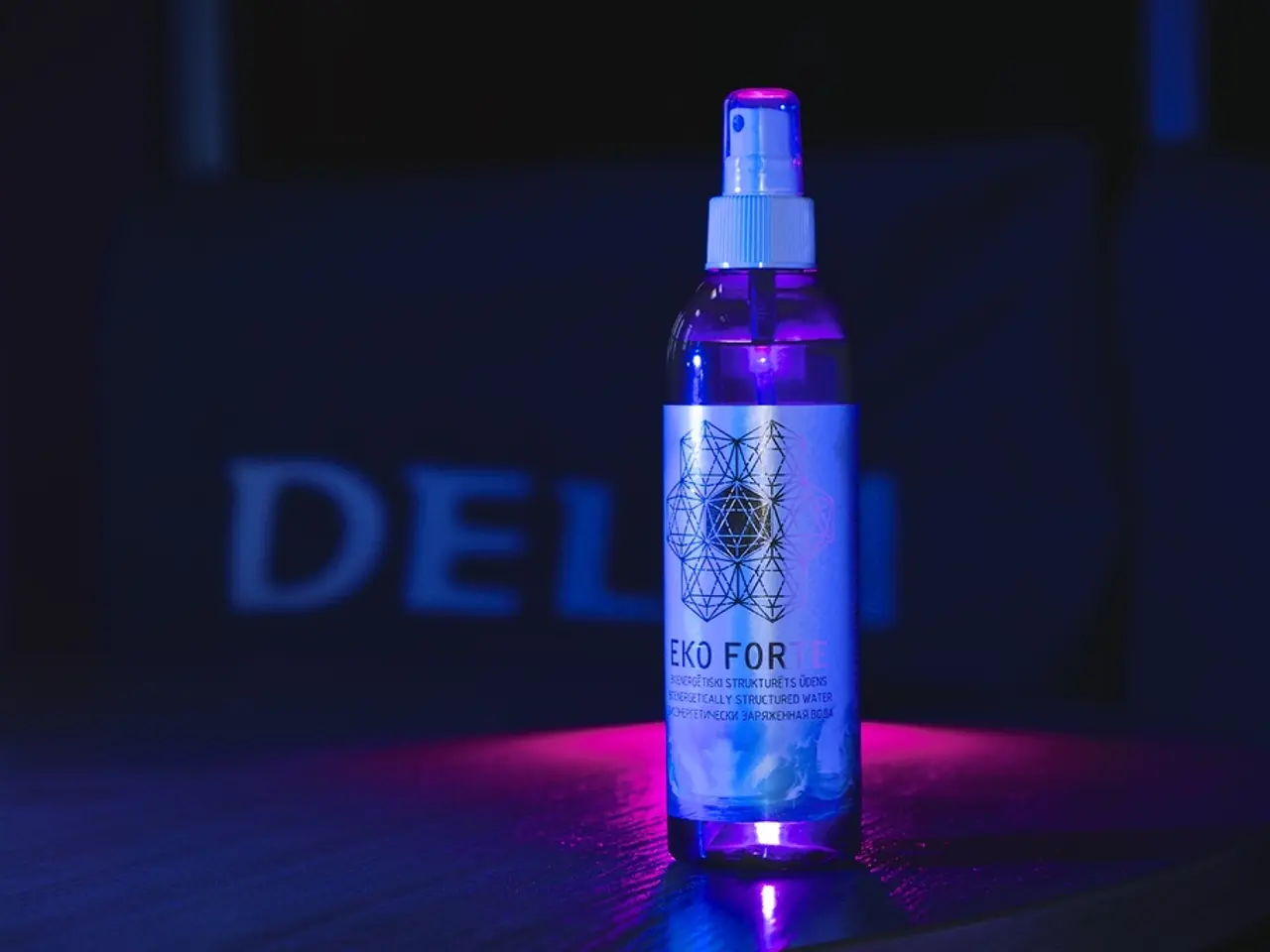Benefits, Potential Side Effects, and Safety Considerations of Guarana Consumption
Guarana: Energy Boost with Potential Health Benefits and Risks
Guarana, a plant native to the Amazon Basin, is a popular ingredient in energy drinks and supplements due to its stimulant properties. This article explores the potential health benefits and risks associated with guarana consumption.
Health Benefits
Guarana offers a variety of potential benefits. It has protective effects on the brain and nervous system, potentially preventing amyloid plaque formation and protein glycation, which are associated with neurodegenerative conditions. Guarana also exhibits antioxidant, antinociceptive (pain-reducing), diuretic, lipolytic (fat-breaking), neurostimulating, antipyretic (fever-reducing), rejuvenating, and invigorating properties.
Short-term supplementation (75-300 mg of guarana extract for up to six weeks) has been found safe without significant adverse effects on vital signs or liver enzymes.
Potential Risks and Side Effects
Most side effects of guarana are linked to its high caffeine content. These can include cardiovascular issues such as increased heart rate, blood pressure elevation, cardiac arrhythmias, and palpitations. These effects are of particular concern for individuals with pre-existing cardiovascular diseases or those engaging in strenuous exercise.
Neurological effects may include insomnia, dizziness, tremors, anxiety, and nervousness. Gastrointestinal disturbances such as nausea, diarrhea, flatulence, and stomach cramps are also possible. Allergic reactions can occur in some individuals.
High caffeine intake from guarana and other energy drink ingredients can raise adrenaline levels substantially, increasing heart attack risk and causing heart palpitations. Guarana usage is not recommended during pregnancy or breastfeeding and should be avoided by people with uncontrolled cardiovascular conditions or anxiety disorders.
Interaction risks exist when combined with other supplements affecting blood clotting or stimulant drugs, and combining guarana-containing products with alcohol may worsen side effects such as jitteriness and fast heartbeat.
Safety Guidelines
It is essential to be mindful of caffeine intake when consuming guarana. Guarana-derived caffeine is generally considered safe if total daily caffeine intake remains below 400 mg and single doses under 200 mg. Label inaccuracies in guarana extracts are common, affecting dosage and potency, so consumers should use caution and preferably choose standardized products.
Energy drinks with guarana should be consumed cautiously due to their high caffeine, sugar, and additive contents, which can exacerbate health risks.
In Conclusion
Guarana can boost energy and cognitive function but carries notable cardiovascular and neurological risks linked to its caffeine content. Responsible use within recommended caffeine limits and awareness of personal health conditions is essential to minimize adverse effects.
People taking stimulant medication may want to ask their prescribing physician whether guarana is safe for them to use. Guarana may increase energy levels, provide relief from pain, enhance cognition, reduce inflammation, help manage cholesterol levels, protect eye health, and have anticancer properties. However, it may also cause insomnia, hypertension, anxiety, reduced fertility, elevated heart rate, dehydration, jitteriness, tremor, agitation, confusion, nausea, stomach irritation, increased tolerance, psychological dependence, and should not be taken in high doses long term by people with cirrhosis or pregnant individuals.
Guarana has been traditionally used in Brazil as a source of energy and a remedy for headache and fever. Abruptly discontinuing caffeine use may result in withdrawal symptoms. Guarana contains naturally occurring stimulants such as caffeine, theophylline, and theobromine. Guarana is an extract from the seeds of the Amazon Basin plant Paullinia cupana (P. cupana). Guarana has a higher concentration of caffeine than coffee, with concentrations of 2-8% in P. cupana seeds compared to 1-3% in coffee beans. Guarana may have antioxidant properties and promote wound healing.





